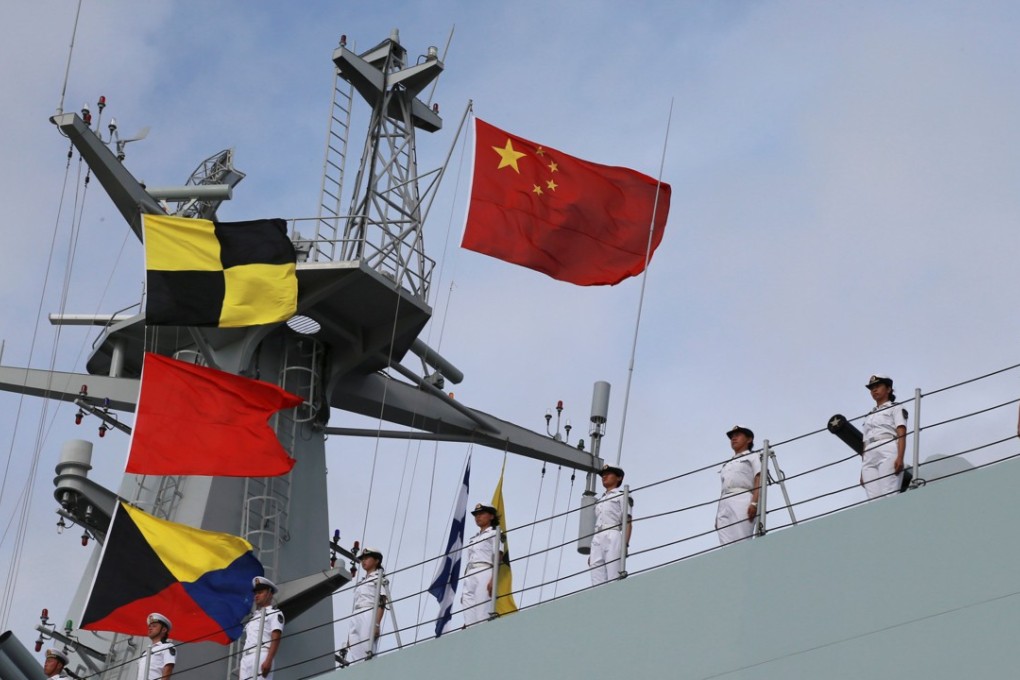China sends troops to military base in Djibouti, widening reach across Indian Ocean
Beijing says facility needed for anti-piracy operations but rivals expected to be alarmed

China has taken a decisive step towards establishing a maritime force that can reach across the Indian Ocean with its first deployment of troops to its military facility in Djibouti on the Horn of Africa.
China has presented the facility as a support base to run anti-piracy operations in waters along Africa’s east coast as well as peacekeeping and humanitarian missions in the region.
But given it sits at the shipping choke point of the Gulf of Aden which opens to the Suez Canal and beyond, China’s regional neighbours including Japan, India and Vietnam were likely to view the deployment with alarm, mainland experts said.
Additional facilities throughout the Indian Ocean are possible as China seeks to create a “string of pearls” running from Hong Kong past Sri Lanka and Pakistan to Africa, where it has been funnelling investment and building infrastructure, as part of the maritime component of its belt and road strategy.
Beijing announced on Monday that ships carrying military personnel departed from Zhanjiang in the southern province of Guangdong on Tuesday heading for the support base in Djibouti.
Xinhua did not disclose how many military personnel would be stationed at the facility or when it would become fully operational. But previous mainland reports have put the size of the deployment at 10,000. The lease runs for a decade with China paying US$20 million a year.